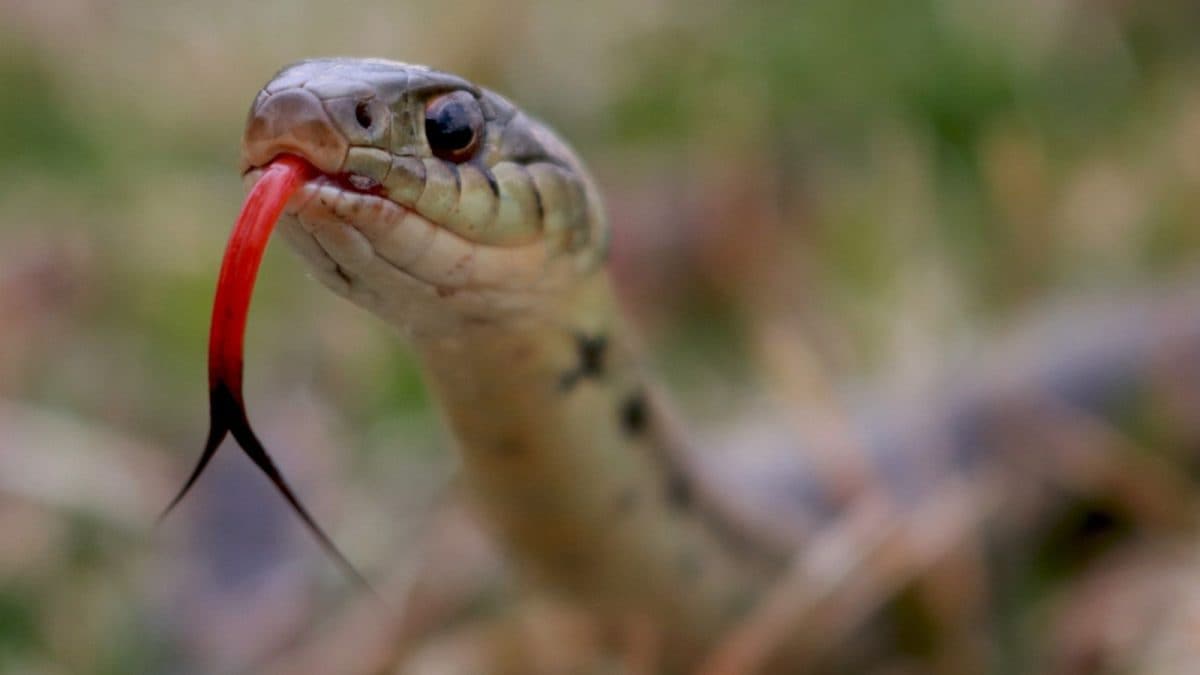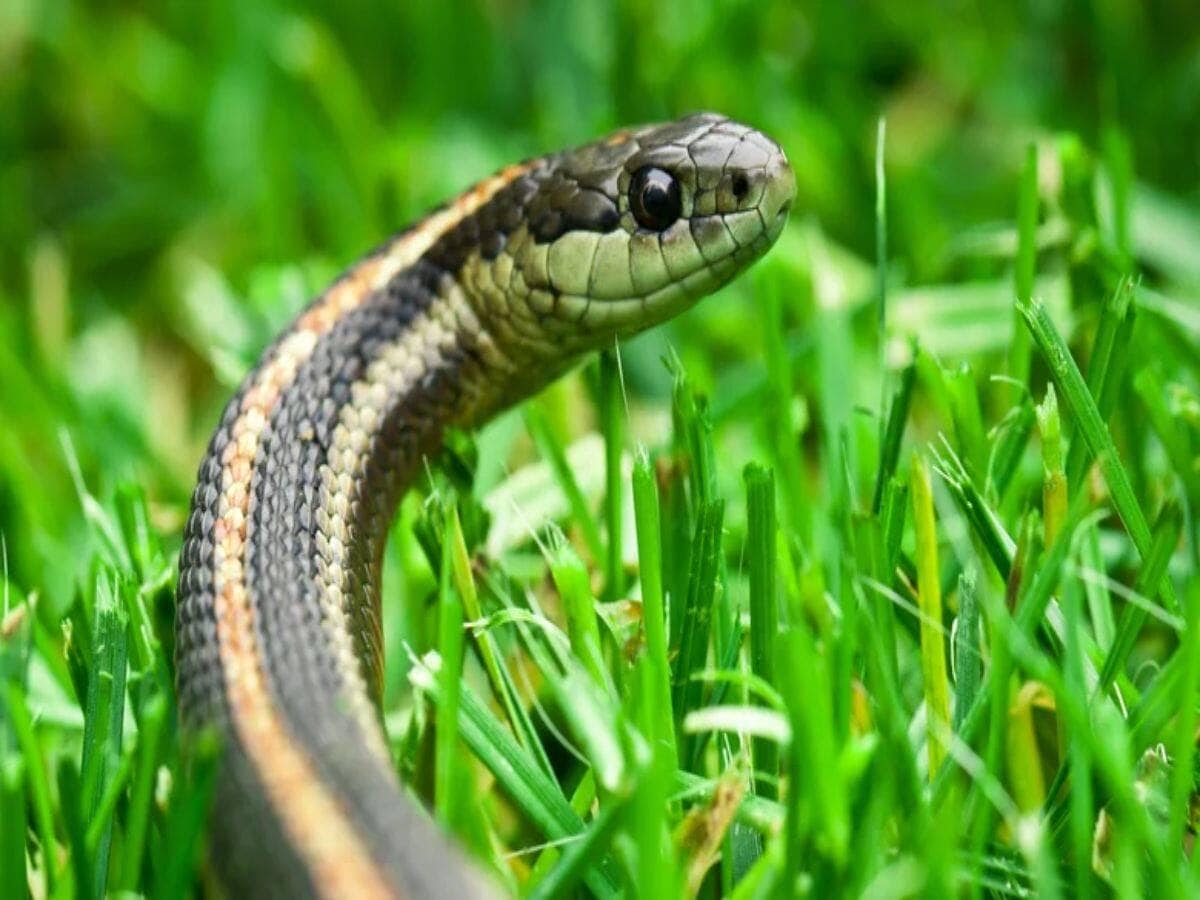
Snakes are naturally shy, yet certain conditions in and around your home can lure them to visit more often. Their strongest guide when searching for food or shelter is scent.
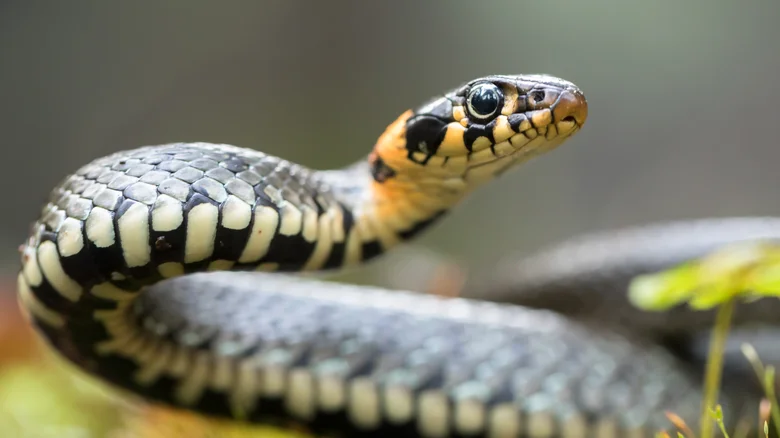
Certain scents can work like magnets, drawing snakes that are hunting for food or a quiet spot to hide. These odors can unknowingly turn your home, yard, and garden into a tempting hunting ground almost overnight.
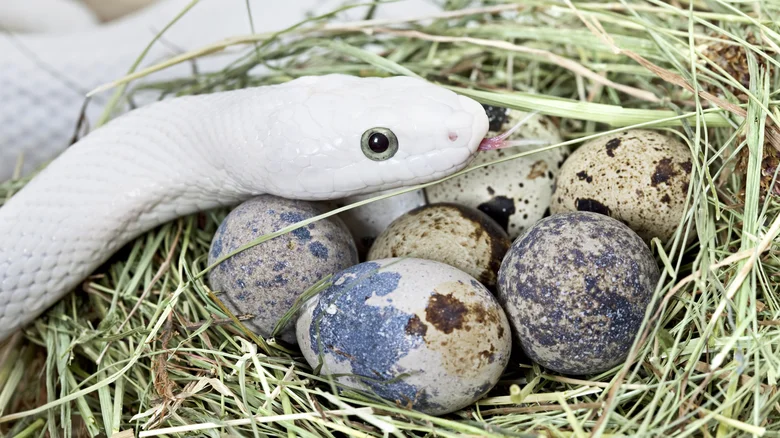
It’s crucial to identify any scents that might be drawing snakes to your home. Water Source makes visits even more likely, and anything else that lures them in turns your property into an open invitation.
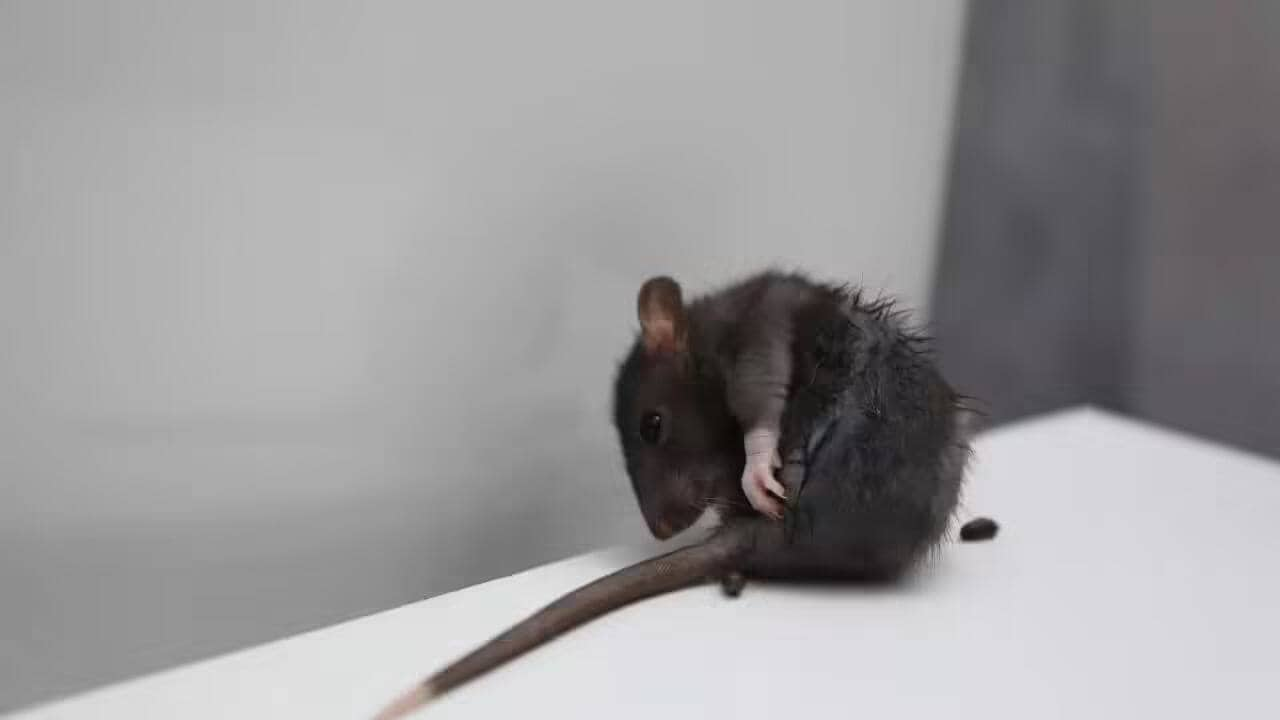
Rat Droppings: Rats and mice are favorite meals for snakes. If they are active in your yard, snakes will likely follow. Their keen senses easily detect the scent of rat urine and droppings, signaling nearby prey.
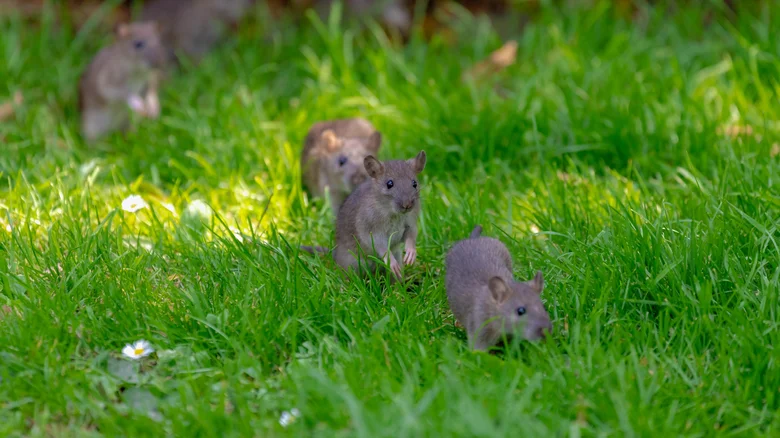
Even minimal rat activity can lure snakes, since the rodents’ scent trails act as natural signals for predators. Snakes aren’t drawn to human food, but a growing rat population around homes or yards will inevitably attract them.

Keep in mind that unsecured trash bins, fallen fruit, and leftover pet food can invite rats—and where rats go, snakes often follow. If you have lemon or similar trees, promptly clear any fruit that drops to the ground.

Lemons don’t draw snakes directly, but they’re an easy meal for rats and mice, which in turn attract snakes to your property. Clearing fallen fruit and keeping the garden tidy helps break this chain of attraction.
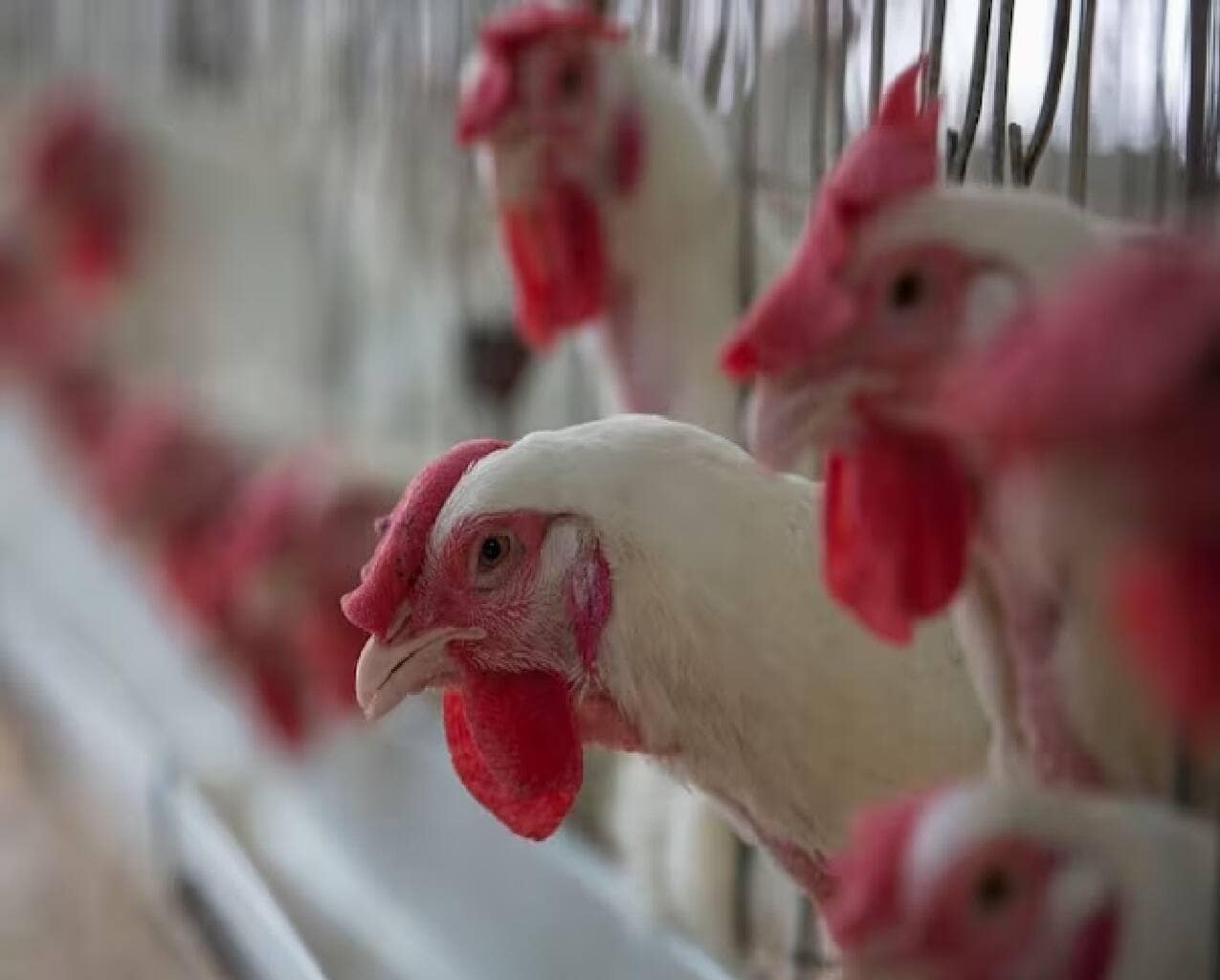
Bird droppings and bird activity can lure snakes close. Many snakes feed on birds and their eggs, and the scent of droppings signals that prey may be nearby, drawing snakes to your doorstep.
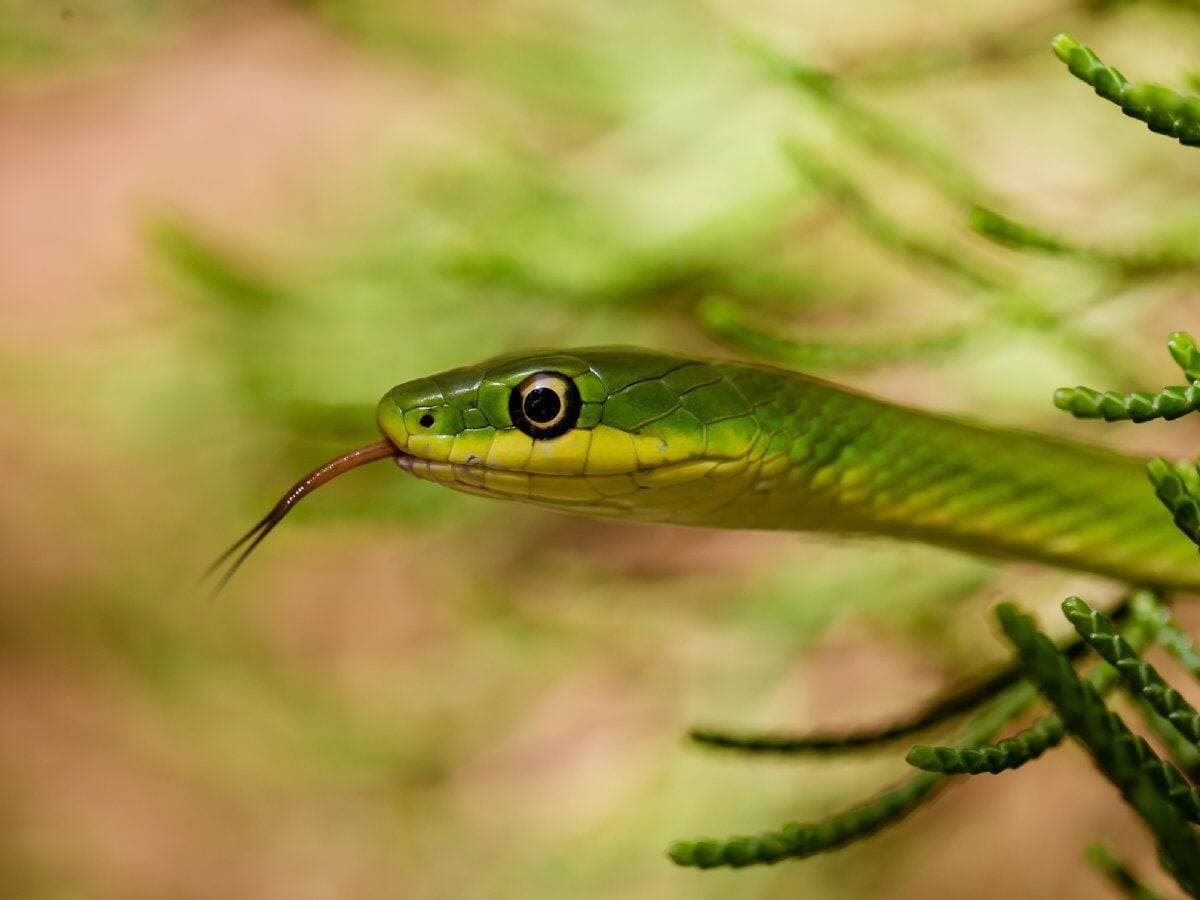
Controlling birds around your home is often harder than managing mice since they roam freely and nest wherever they feel secure. Still, you can take steps to make your yard less inviting to snakes.
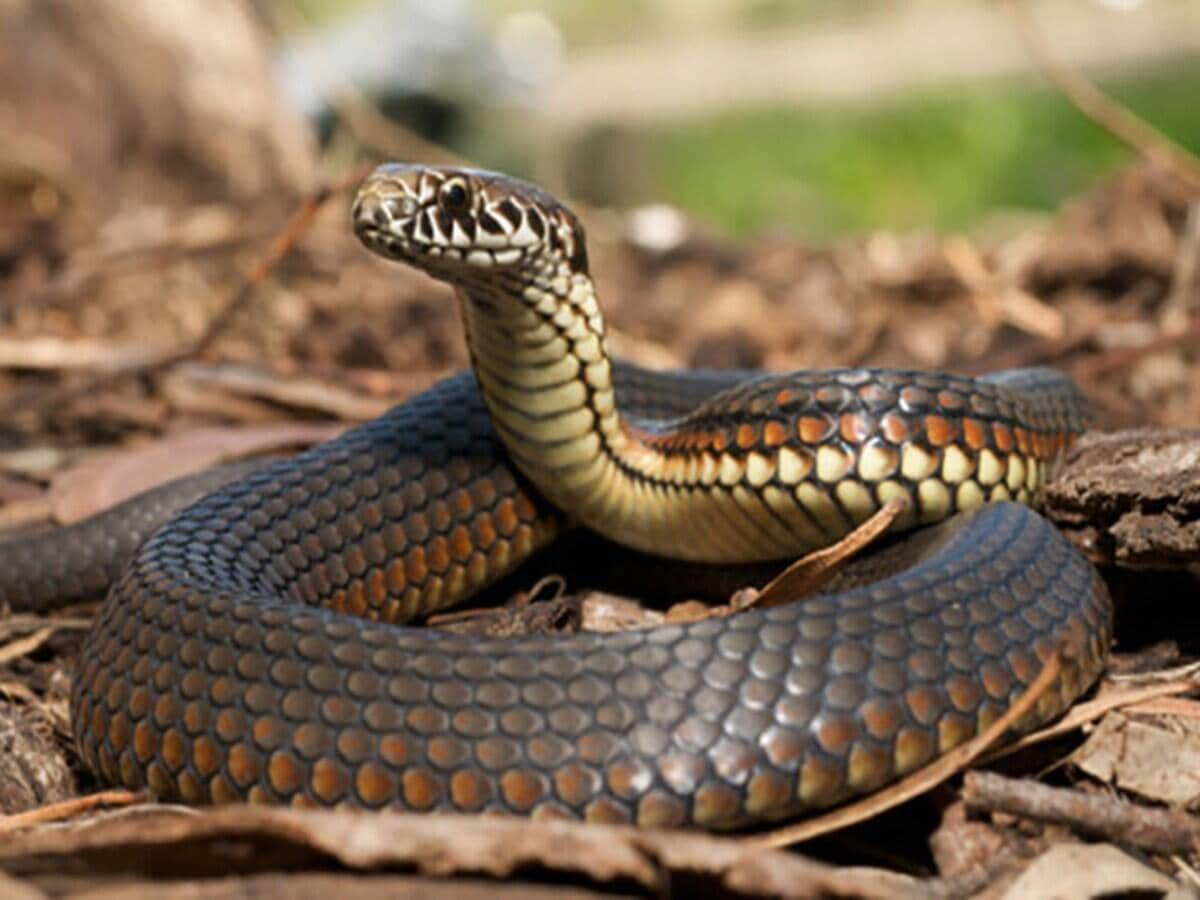
Aquatic creatures like frogs and small fish are prime snake prey, and their scent can carry far. The smell of these amphibians and fish is especially enticing to snakes, often drawing them toward ponds or water features.
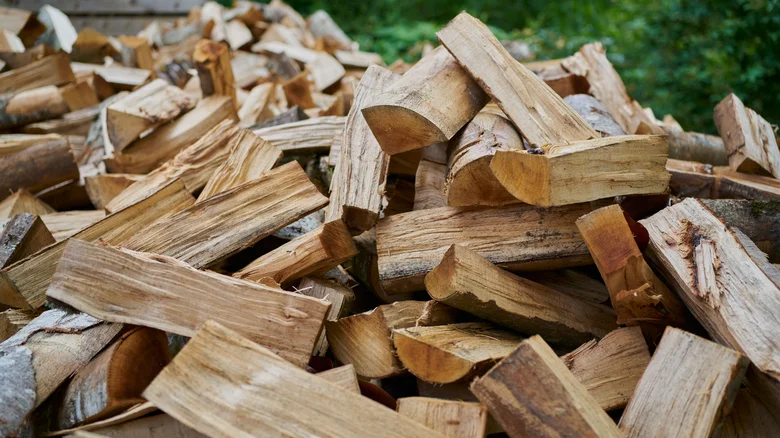
Routine upkeep—like trimming dense plants near water and controlling mosquitoes—helps lower the risk for both amphibians and snakes.

Be cautious even after a snake sighting, since lingering pheromones can still draw others. By eliminating these scent cues, you can significantly cut the chances of snakes returning to your yard.
Go to Source
Author: News18

